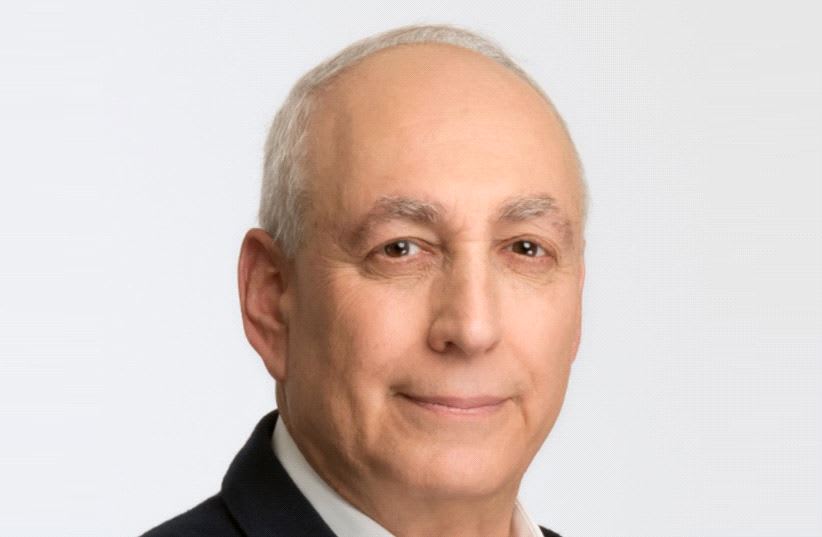While the pandemic enforces physical isolation upon us all – between countries, communities, colleagues and even families - the digital world allows us to traverse the ocean of isolation and connect the islands. It is a space unfortunately which itself is not immune from the effects of evil and hostility, but it can be designed to produce cooperation and kinship.
Often, this is a world in which that which is nearest to us feels most distant, while the furthest flung is suddenly in reach. We live in an age when innovation is so greatly accelerating and changing, and our tomorrow is simultaneously the embodiment of a world of opportunities and challenges. In a digital world, memory is documented and preserved, and its existence is seemingly self-evident. But the meaning of past events is no longer felt as a living or real memory. It is sinking into the abyss of digital oblivion, a process amplified by the deniers of its existence.
Therefore, the onus today is to do all we can to remember, despite the growing distance of time and the reality that fewer of those who lived through those dark days are walking among us. We must never give up the March of Living, the march of memory. Its very existence ensures our tomorrow. Kristallnacht must not disappear from human memory. We have the task of perpetuating it, guarding it against the threat of oblivion. In order to keep this memory alive – with the commitment of “never again” lighting every step of our way – we must continue to innovate. Yes, 2020 is marred by a global pandemic the likes of which our generation has never seen, but the memory and lessons learned of the unprecedented tragedy that was the Holocaust must continue to be highlighted - and this year we use the digital realm to do so.
We are on the threshold of a new era of global cooperation, through which we can face together the dangers that threaten us all. But the greatest danger of all still remains us – the human race. We proved this well during the dark period of the Holocaust. Our ability to build and destroy is immeasurably superior to any other force. We have not been able to stifle hatred. Antisemitism continues to raise its ugly head in many places throughout the world. Therefore, we must not give up the memory, until it is engraved forever and ever in the hearts of us all. Living memory is the solidarity – ‘Arvoot Hadadit’ in Hebrew – that powerfully links between the victims and the survivors, and the generations that follow them. This solidarity must to be instilled in every person wherever they are, along with the responsibility to continue to ‘repair the world’ based on the Jewish value of ‘Tikkun Olam’.
I will continue to fulfill the will of Rabbi Zvi Hirsch Meltzer, my great-grandfather, whose fate was to perish at the hands of the Nazis together with his congregation in the village synagogue as it was set afire. In his final farewell to his grandson, and my father, Shimon Peres, he told him, “Always remain Jewish”.
Indeed, I aim to live my life following this instruction from Rabbi Meltzer, as well as by the Jewish values of solidarity (Arvoot Hadadit) and repairing the world (Tikkun Olam). We at the Peres Center for Peace and Innovation will continue to remember and believe in these values as we continue to work for a peaceful and better world. Only together will we overcome the darkness and bring in the light.
